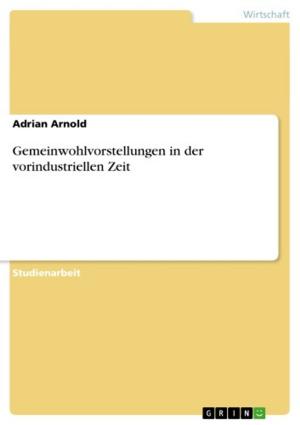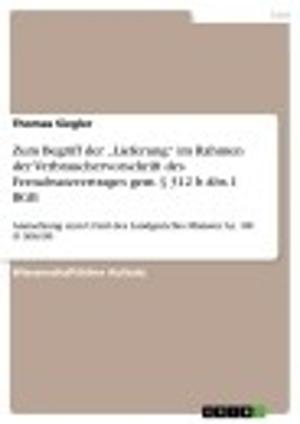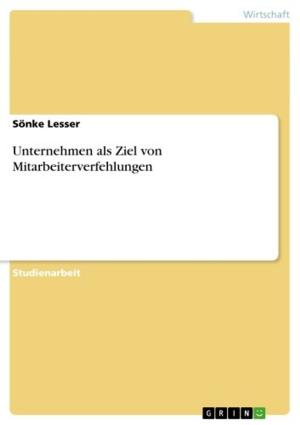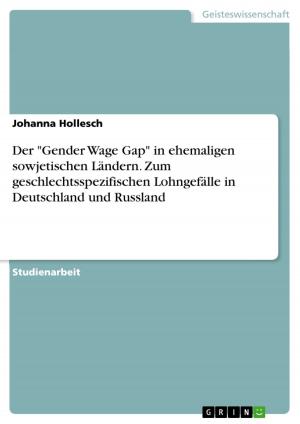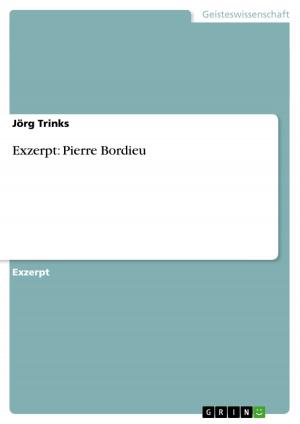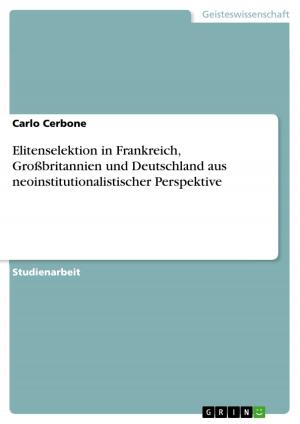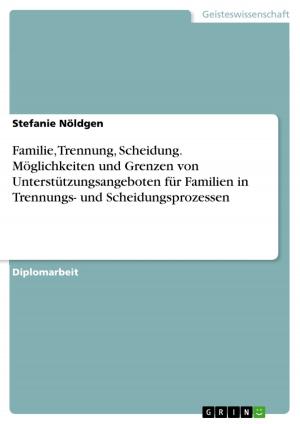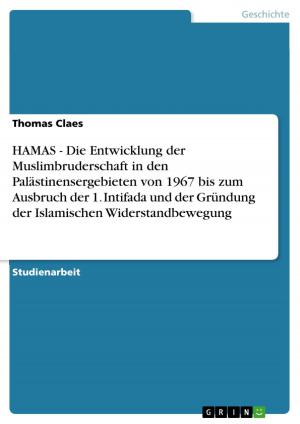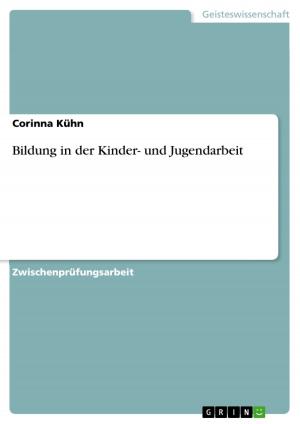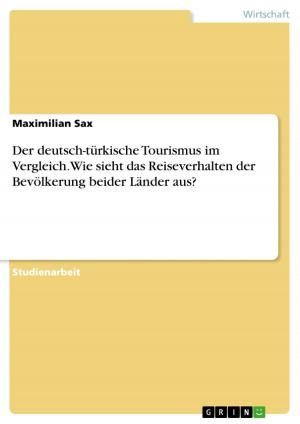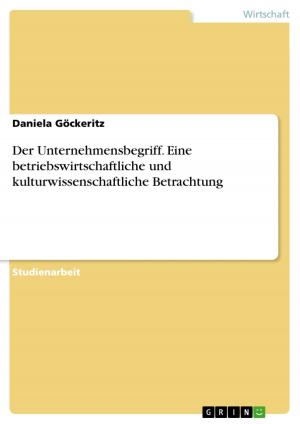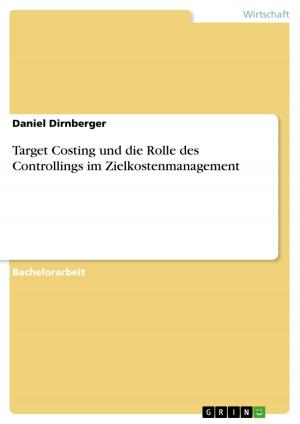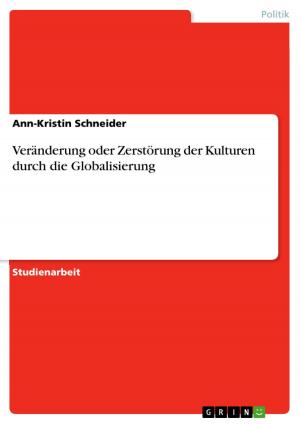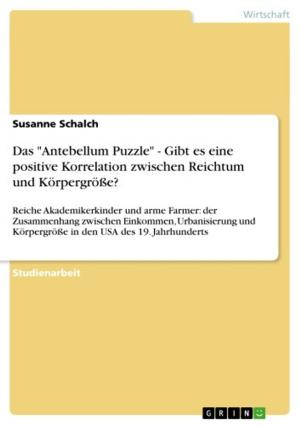Towards a Praxis Model of Social Work. A Reflexive Account of Praxis Intervention with Adivasis of Attappady
Nonfiction, Reference & Language, Education & Teaching, Educational Theory, Philosophy & Social Aspects| Author: | P. Madhu | ISBN: | 9783668102781 |
| Publisher: | GRIN Verlag | Publication: | December 4, 2015 |
| Imprint: | GRIN Verlag | Language: | English |
| Author: | P. Madhu |
| ISBN: | 9783668102781 |
| Publisher: | GRIN Verlag |
| Publication: | December 4, 2015 |
| Imprint: | GRIN Verlag |
| Language: | English |
Doctoral Thesis / Dissertation from the year 2005 in the subject Social Pedagogy / Social Work, grade: A, , course: Inter-deciplinary Social Science, language: English, abstract: This thesis introduces and theoretically explores the idea of 'praxis intervention' and tries to support it with the help of a practical experiment carried out with the adivasis (indigenous people, tribes) of Attappady (Kerala, India). It problematises professional social work practice and suggests alternative model of social work drawing lessons from the experiment. The work is primarily methodological, since among its concerns developing a model of praxis intervention theory and practice figures first and foremost. The praxis model assumes that the prime concern of the social work profession in most of its work situation is to invoke the 'praxis potential' of its 'clientele' and that of the social worker herself/himself. In this thesis, praxis intervention is understood as the method with which human potential to be sensuous (To make sense, to be sensible) is realised in unsettling the settled mentalities, especially where the settled mindsets prevalent in the social world seem to have contributed to their marginality. The preparation for praxis intervention took four months and the actual project was of the duration of six and a half month. The preparation period included planning, pre-praxis fieldwork and workshops with the experts in the field and consultation with the elected representatives belonging to adivasi communities in the state of Kerala. The objective of the project was to promote informed action and reflexion on the conditions of the social life around and the mindsets involved. The project had components of classroom sessions, workshops, fieldwork sessions and documentation. It was a project of intermittent classroom and fieldwork sessions. Each classroom session was of one week's duration and each fieldwork session was of one month's duration approximately. The classroom sessions and fieldwork phases were arranged intermittently to facilitate fieldwork assessment in the classroom and for horizontal discussion among the participants. The classroom sessions were used for fieldwork guidance as well. Between the classroom sessions and fieldwork sessions there were workshops for planning and discussion. In addition, there were workshops held at the field location to review the field activity and learning. The literate among the participants were encouraged to write field journals. It was an action research project in which the participants were expected to explore their life-world and act on it.
Doctoral Thesis / Dissertation from the year 2005 in the subject Social Pedagogy / Social Work, grade: A, , course: Inter-deciplinary Social Science, language: English, abstract: This thesis introduces and theoretically explores the idea of 'praxis intervention' and tries to support it with the help of a practical experiment carried out with the adivasis (indigenous people, tribes) of Attappady (Kerala, India). It problematises professional social work practice and suggests alternative model of social work drawing lessons from the experiment. The work is primarily methodological, since among its concerns developing a model of praxis intervention theory and practice figures first and foremost. The praxis model assumes that the prime concern of the social work profession in most of its work situation is to invoke the 'praxis potential' of its 'clientele' and that of the social worker herself/himself. In this thesis, praxis intervention is understood as the method with which human potential to be sensuous (To make sense, to be sensible) is realised in unsettling the settled mentalities, especially where the settled mindsets prevalent in the social world seem to have contributed to their marginality. The preparation for praxis intervention took four months and the actual project was of the duration of six and a half month. The preparation period included planning, pre-praxis fieldwork and workshops with the experts in the field and consultation with the elected representatives belonging to adivasi communities in the state of Kerala. The objective of the project was to promote informed action and reflexion on the conditions of the social life around and the mindsets involved. The project had components of classroom sessions, workshops, fieldwork sessions and documentation. It was a project of intermittent classroom and fieldwork sessions. Each classroom session was of one week's duration and each fieldwork session was of one month's duration approximately. The classroom sessions and fieldwork phases were arranged intermittently to facilitate fieldwork assessment in the classroom and for horizontal discussion among the participants. The classroom sessions were used for fieldwork guidance as well. Between the classroom sessions and fieldwork sessions there were workshops for planning and discussion. In addition, there were workshops held at the field location to review the field activity and learning. The literate among the participants were encouraged to write field journals. It was an action research project in which the participants were expected to explore their life-world and act on it.

